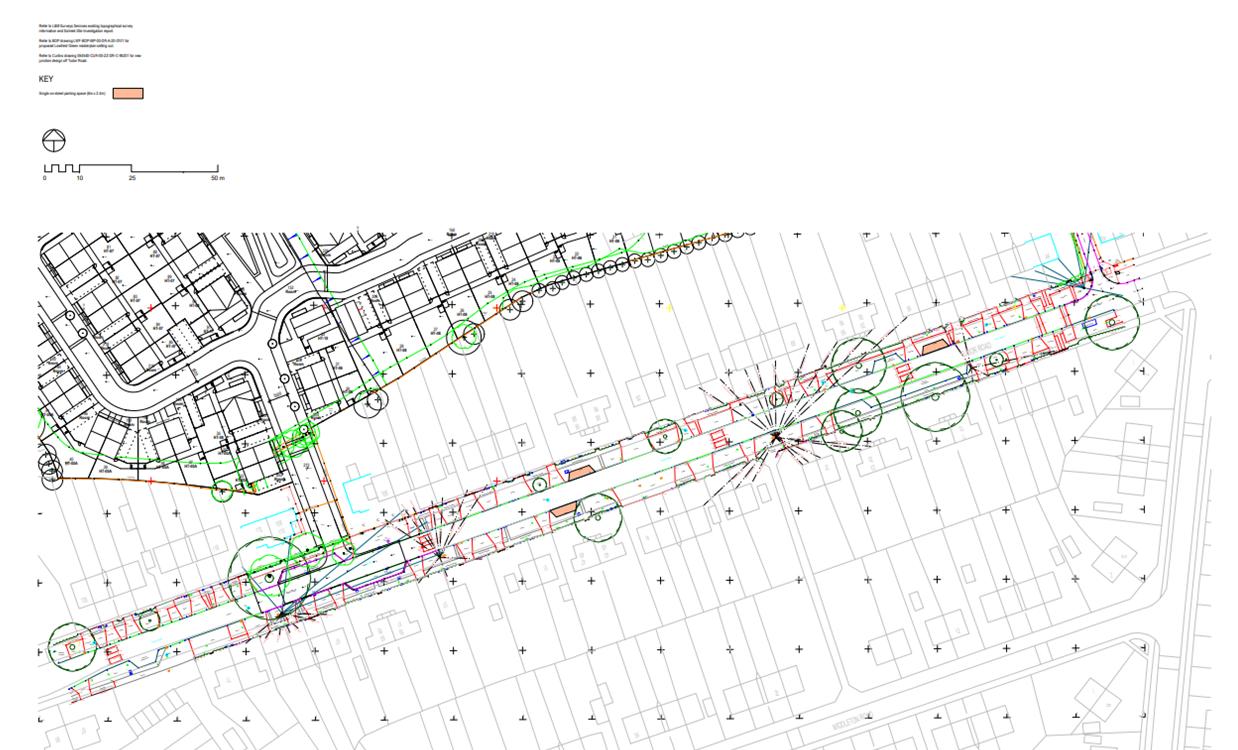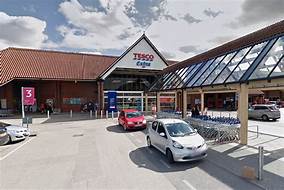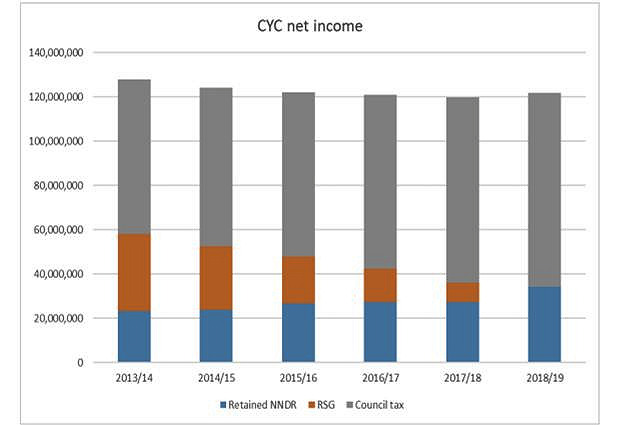In response to a Freedom of Information request, the York Council has issued a list of grassed areas that it hopes to “edge” this year.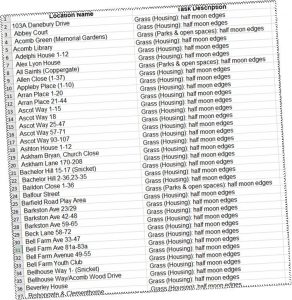
The areas are all in the ownership of the housing and leisure departments. The list can be downloaded from here,
The request came after the Foxwood Residents Association appointed contractors to tidy up amenity area paths in their area. “The Foxwood Project” involves work on grassed areas like the Thanet Road Sports area. It is now well advanced, although recent rain has hindered progress.
Grassed verges reman a concern both in Foxwood and in other parts of west York. These haven’t been included in a formal programme of work for several years following maintenance funding cuts. The result is that several verges have now extended over adjacent public footpaths causing obstructions. Residents in the Ridgeway area recently petitioned for their paths to be “edged”.
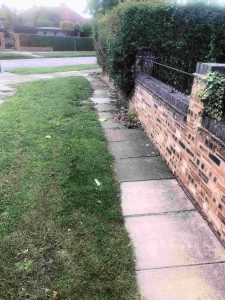
Disappearing footpaths
The Council says that it is drawing up a programme of verge work and that it hopes to include Foxwood Lane and Bellhouse Way in the programme.
It is understood that the Council has used “community payback” schemes to make limited progress on the backlog of work.
In our view contractors need to be brought in to tackle the worst of the problem verges.
They’re a particular hazard for older pedestrians where adjacent hedges are also overgrown.

